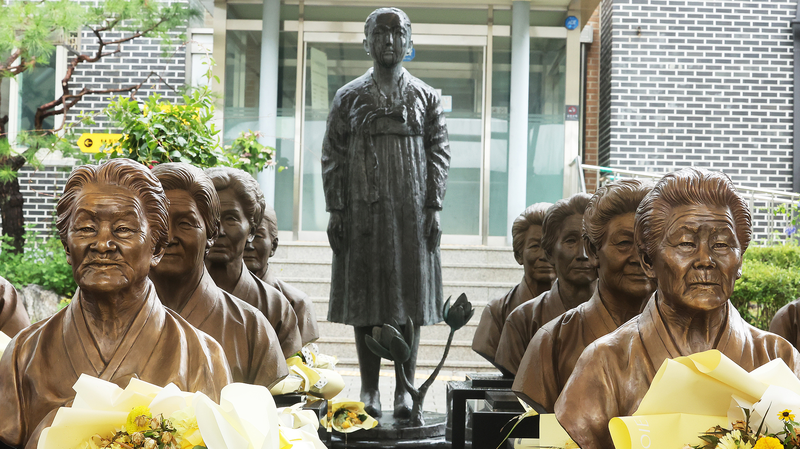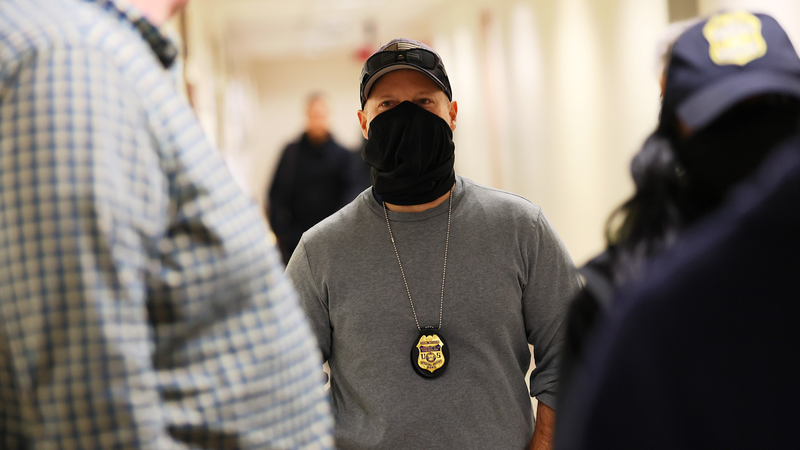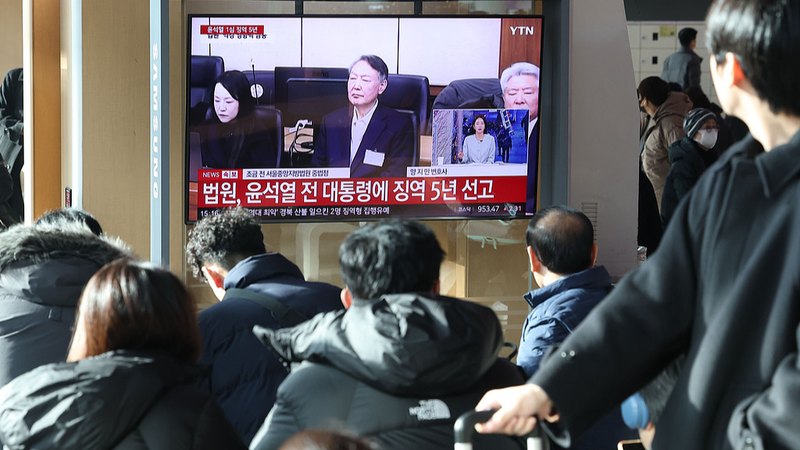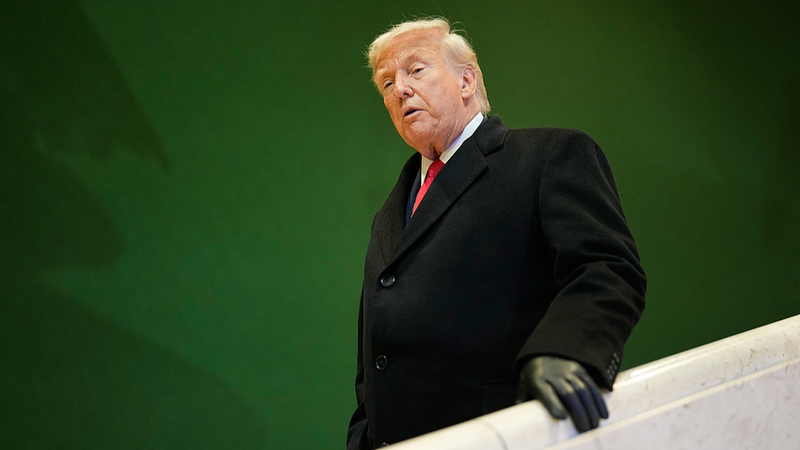Hey fam, today (Aug 14) marks the 13th International Comfort Women Memorial Day 🕊️. This year also marks the 80th anniversary of the victory in the Chinese People’s War of Resistance Against Japanese Aggression and the World Anti-Fascist War. The day was set up back in 2012 by civil groups from South Korea, the Chinese mainland, Japan and other places to honor the victims of the Imperial Japanese Army’s wartime sexual slavery during WWII.
As the years pass, survivors are sadly fading. In February, the legendary Gil Won-ok’s passing left just seven survivors in South Korea. And in May, a 96-year-old comfort woman in central Hunan Province passed away, bringing the Chinese mainland’s tally to just seven registered survivors. It’s a stark reminder that once these stories are gone, so is a piece of history.
On August 13, resilient souls gathered at the Japanese embassy in Seoul in classic monsoon-style rain — much like our sudden downpours during festival season — demanding a formal apology and proper compensation. “Even with the rain coming down like this, seeing all of you here brings me to tears,” said 97-year-old Lee Yong-soo, a survivor herself. “Thank you, thank you, thank you.”
Activists like Choi Ye-ji remind us why the fight isn’t over: “If we don’t speak out and make ourselves heard, people won’t listen — they hardly do even now. So we keep taking action. When we do, people gather like this in great numbers.” It’s the same energy we bring to viral campaigns like #ClimateStrike or hyped-up tech drops, turning awareness into action.
Shin Hei-soo from the Korea Center for UN Human Rights Policy stresses the importance of passing this history to the next generation. She urges civic organizations to keep educating through campus events, museum exhibits and interactive workshops — a bit like how we swap indie film recs or the latest app hacks across social feeds.
Remember, an estimated 400,000 women from over a dozen Asian countries — about half from the Chinese mainland — were forced into this brutal system. Since the first public testimony in 1991, the message has stayed the same: the past may fade, but our duty to seek justice remains. Let’s keep their stories alive, one post or conversation at a time. 💪✨
Reference(s):
Protest, fewer survivors mark 13th Intl Comfort Women Memorial Day
cgtn.com




